Paleontology Challenge
Categories

Supported By
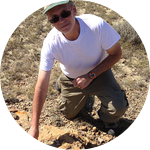
"Many feel that understanding the past is key to understanding our future, and I agree. Paleontology plays a keystone role in helping to unlock our past. Experiments ranging from determining the true purpose of T. rex arms to characterizing the paleo-environment of Wyoming 100 million years ago can all provide pieces to this large puzzle. I am excited to be able to sponsor a grant which could help further fund one of these Paleontology experiments."
Perhaps more than any other science, paleontology has the power to captivate the public imagination. More importantly, though, what better way is there to cultivate the budding scientist inside every child - young and old? But I'm not telling you anything you don't already know! We want to help you continue the fascinating, inspiring, and adventurous work that you do, and share it with the world.
The Projects
Browse the participating projects
Death of a Tyrant: Help us Solve a Late Cretaceous Dinosaur Mystery!
Tyrannosaurs are essential components of Late Cretaceous ecosystems, but are generally rare and poorly known...
The Arlington Archosaur Site: a unique Cretaceous ecosystem and urban fossil dig
Texas was a very different place 95 million years ago. Dinosaurs and crocodiles dominated a lush coast...
Can sloths serve as “canaries in the coal mine” for forest health today and in the past?
It’s well established: tree sloths are weird. So we can assume that extinct ground sloths were weird...
Digging up an Exceptionally Large Dinosaur Graveyard
We are excavating Utah's Hanksville Burpee Quarry, one of the largest deposits of dinosaur bones in the...
Rediscovering the Lost Triassic Marine Reptile Fossils of Northern California
More than 100 years ago, paleontologists discovered the skeletons of ancient ocean-dwelling reptiles in...
Death by volcanic ash: mass mortality of fossil marine invertebrates
This study will investigate the effect of volcanic ash on ancient marine life from the Miocene epoch of...
Mastodons of Unusual Size: Exploring variation in American mastodon populations
American mastodons lived all across North America during the Ice Age. Paleontologists long suspected that...
Dino damage and death assemblages: Analyzing ailments and environments of Morrison sauropods
The Morrison Formation contains some of the most impressive dinosaurs from the USA, including the large...
More About This Challenge
The sciency details
Challenge Aims
Paleontology is a very diverse field, and we certainly aren't going to try to define it for you. Paleo-campaigns can include:
- invertebrate
- vertebrate
- paleobotany
- actualistic
- ichnology
- biogeography
- evolution
- paleoecology
- field & lab work
- CT-scanning
- just about anything else!
Project Eligilibity
Researchers must be based at a US institution, or if international, receive approval ahead of time to submit. Projects submitted before the deadline will be eligible for the grant.
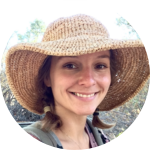
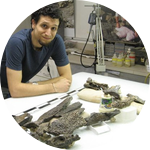
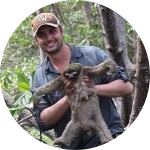
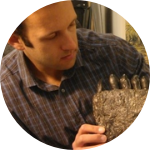
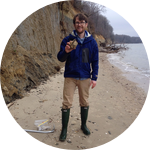
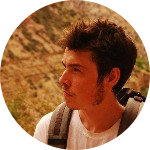
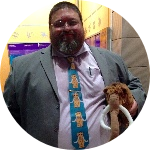
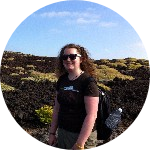
 Challenge Grants
Challenge Grants